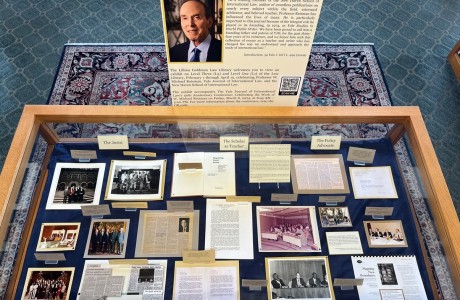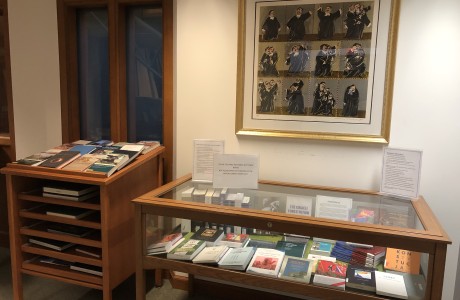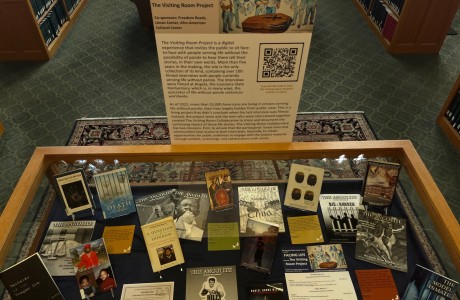Election Observation and International Legal Standards
Last week's Russian Duma elections were roundly criticized by domestic and international election observers. The elections, in which United Russia received almost 50% of the vote amid accusations of ballot stuffing and fraud - and prompting massive demontrations over the weekend -- have been described by election observers as "slanted" and lacking independence. Besides shining a light on unsavory electoral practices, international election observers generate a rich collection of both secondary sources on foreign election law and analyses of international standards for conducting democratic elections.
Who Are the Observers?
Where permitted, domestic political parties and regional and non-governmental organizations supply the bulk of election observers. The Organization for Security and Cooperation in Europe (OSCE) issued the report on the recent Russian elections referenced above. To compare, the OSCE found "recurring deficiencies in the electoral framework" of the 2010 US mid-term elections, but concluded that the Dutch had it all figured out in their 2010 early Parliamentary elections. Wij houden van Oranje! Other organizations involved in the observation of elections include the African Union, Carter Center, Commonwealth Secretariat, Council of Europe, European Union, and the Organization of American States.
Sources of Foreign Election Law
The reports issued by organizations like the OSCE can contain a valuable mix of foreign election law and references to international legal standards for the conduct of democratic elections. In the OSCE reports mentioned above you'll find a survey of the monitored nation's election laws and a comprehensive description of election procedures. The state's laws and processes are also evaluated in light of the state's obligations and international standards.
What International Standards?
Election monitors often refer to international standards when evaluating the quality of a state's electoral processes. The Carter Center has created a database of sources of international standards collected from treaties, judicial decisions, decisions and recommendations of treaty supervisory committees, and handbooks and manuals. Selective collections of standards can also be found in the EU's Compendium of International Standards for Elections and from the OSCE.


